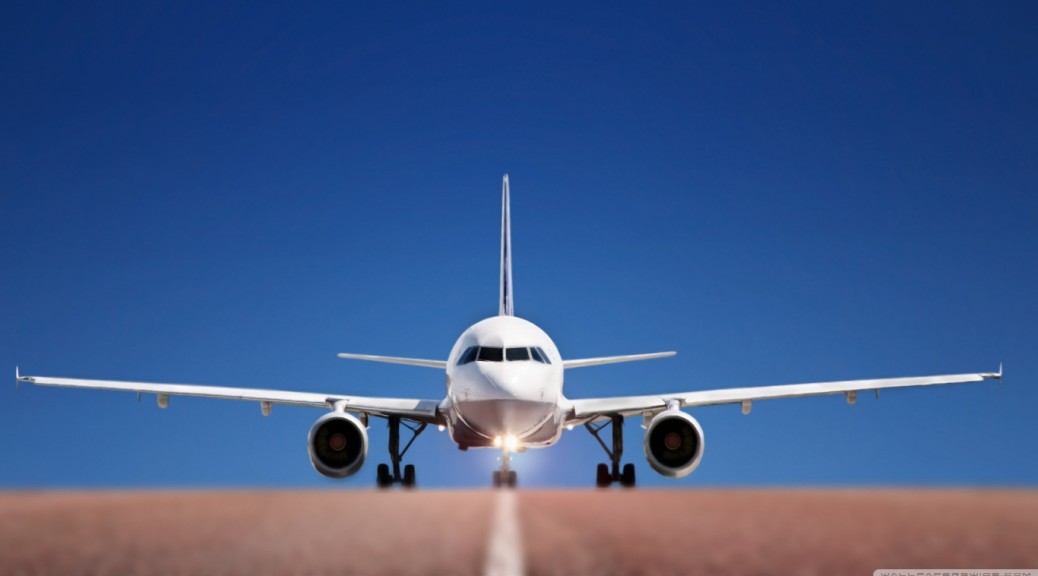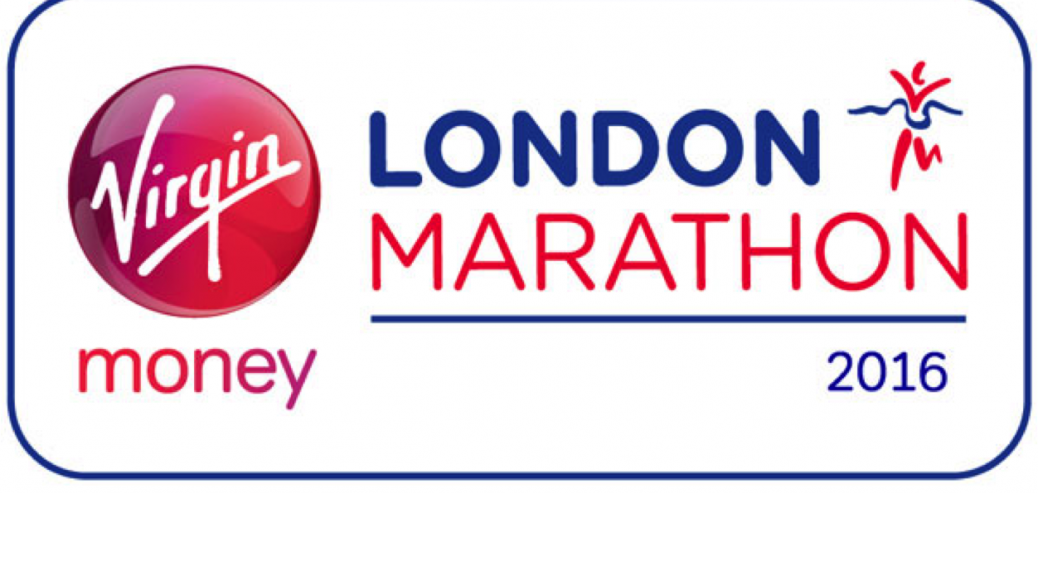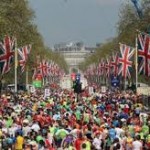 This Thursday, I leave for Berlin. As most of you are aware I will be running the Berlin Marathon on Sunday, September 25, 2016. This will be my 8th marathon overall and my 5th major marathon. I am pumped for the race and my trip!! I will be running on behalf of Autism Speaks and could not be more thrilled to be on this team and helping to support such a great cause. It’s been a long summer of training, so I am glad the day is almost here.
This Thursday, I leave for Berlin. As most of you are aware I will be running the Berlin Marathon on Sunday, September 25, 2016. This will be my 8th marathon overall and my 5th major marathon. I am pumped for the race and my trip!! I will be running on behalf of Autism Speaks and could not be more thrilled to be on this team and helping to support such a great cause. It’s been a long summer of training, so I am glad the day is almost here.
While, I’m super excited about my trip, I am a little concerned about jet lag. Last April, I flew to London, to run the London Marathon. My family and I left on a Thursday night, arrived Friday morning and the race was Sunday. After arriving, I was pretty much awake from the time I left until the Monday after the race, only having an hour or two of sleep here and there. I was experiencing crazy jet lag. This time, I hope to be better prepared and able to get a good night’s rest before the big race.
Jet lag is a disruption of your sleep/wake cycle. When we travel, we don’t always take into account how the change in time zones will affect our bodies. It can take your body’s internal clock several days to catch up and in the meantime, you’re likely to experience jet lag. Symptoms of jet lag include sleepiness during the day, insomnia at night, poor concentration, irritability, confusion, hunger at inappropriate times of day/night, or lack of appetite.
I have decided to try a few things in Berlin to help prevent what occurred to me in London.
So for this week’s blog, I decide to focus on a few ways to avoid or lessen jet lag.
Adjust your internal clock.
If possible, a few days before your departure, try to gradually shift your sleeping and eating times to coincide with those at your destination. Then once you arrive, adopt the local time for your daily routine.
Take an overnight flight.
You’ll have dinner at a normal time and will be much more likely to sleep than on an afternoon flight. Then when you arrive at your destination, which in my case will be the morning, you can replicate your normal schedule, and it’ll be easier for you to reset your clock.
Avoid caffeine.
For 12 hours before, as well as during, your flight, avoid caffeine. Caffeine makes it difficult for you to fall asleep and it will cause you to wake up more often once you do fall asleep; reducing your amount of total sleep time.
Stay hydrated.
Drink at least 8 ounces of water for every hour you’re in the air—even if you don’t feel thirsty. Plane rides can be dehydrating and this can worsen jet lag. So drink up.
Avoid or limit alcohol when flying.
Cabin air dehydrates passengers and altitude changes can quicken the effects of alcohol (they say one drink in the air is the same as two or three on the ground). A cocktail may relax you, but it’s also likely to dry you out and even worsen symptoms of jet lag.
Try to sleep on the plane.
Travel is extremely tiring and the more rest your body gets en route the more prepared you’ll be to deal with the stresses of jet lag. Maybe consider packing noise canceling headphones and a pillow to help you sleep.
Take melatonin.
Research suggests that the body uses melatonin to set its time clock. Because melatonin seems to control when we go to sleep and when we wake up, a number of scientists advocate to take supplements in order to alleviate jet lag. Taking it before your flight and several days after arrival can ease the transition and reduce jet lag.
Get outside.
After arrival, spend a lot of time out in the sunlight. The sun will help your body reset its natural time clock to coincide with your new surroundings.
Don’t nap or drift off too early.
Unless you arrive at your destination at night, and are close to your normal bedtime, don’t go to sleep as soon as you reach your hotel. Long naps can disrupt your sleep schedule even more and you’ll find yourself wide awake in the middle of the night.
Here’s to NO jet lag and a great race!
![]() **If you’d like to donate to Autism Speaks, please check out my personal fundraising page. No amount is too small and every little bit helps!! Thank you!
**If you’d like to donate to Autism Speaks, please check out my personal fundraising page. No amount is too small and every little bit helps!! Thank you!
http://events.autismspeaks.org/2016berlin/kerimandell
Donations are tax deductible to the fullest extent allowed by law. Autism Speaks 501 (C)(3) Tax Id #: 20-2329938








